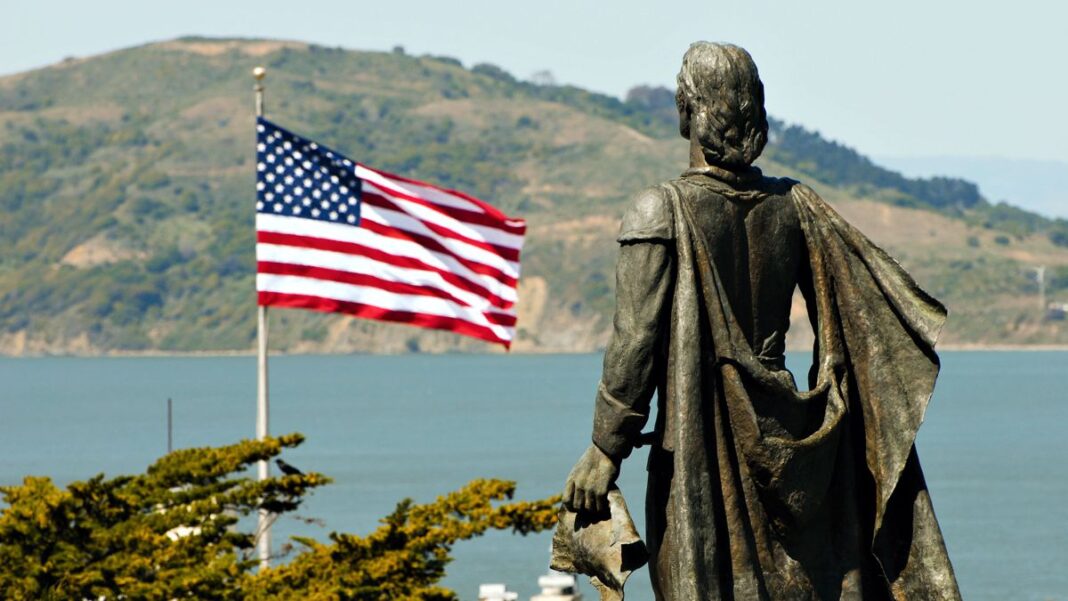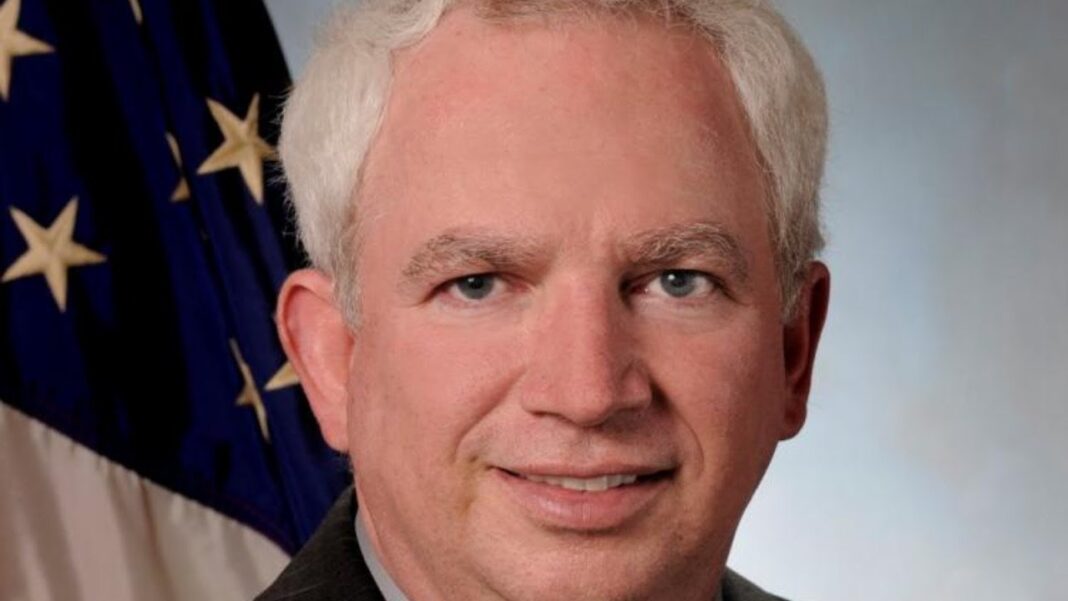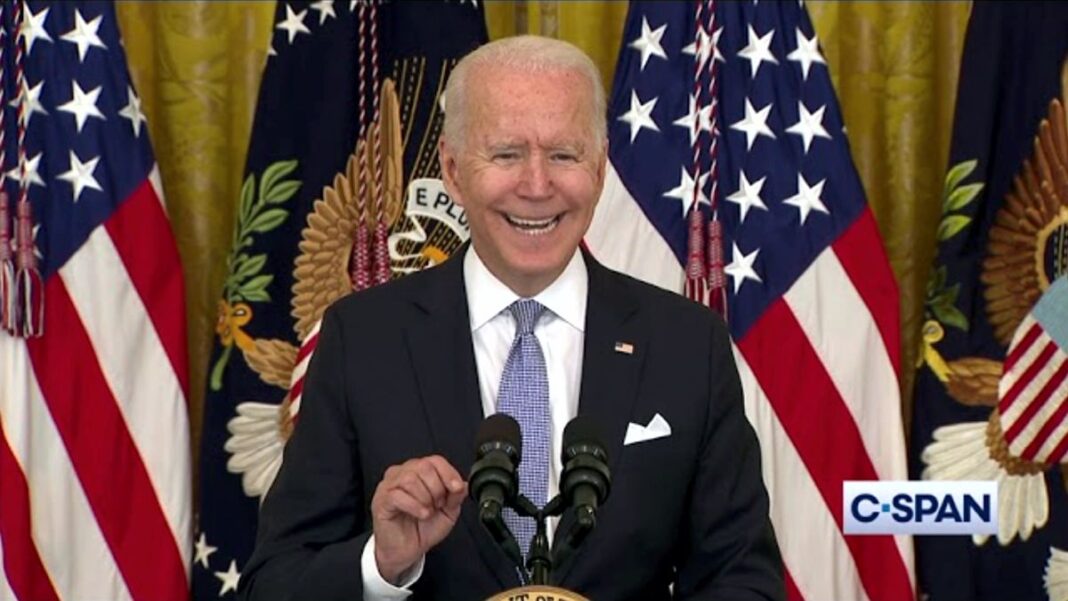
We should acknowledge his flaws, but his treatment by the left is reminiscent of communist propaganda.
Friends, Americans, citizens of the world, lend me your ears. I come to bury Christopher Columbus, not to praise him.
In Shakespeare’s famous Marc Antony speech, he speaks of Julius Caesar’s “grievous fault” of ambition, and of the honorable nature of Caesar’s friend and assassin, Brutus. Antony then subverts the accusations against Caesar, skillfully and sarcastically reminding the gathered crowd of Caesar’s achievements and love of the Roman people—and how they all used to love him in return.
I doubt my abilities will be so convincing on behalf of Columbus, who achieved great things and is worthy of being honored for them with a national holiday, but I must express what I know to be true. His incredible feats of exploration were due to individual qualities that Americans should find admirable, and once did in near unanimity. Holding historical figures to modern standards of morality is a method of antihistorical political control—much like the pseudohistory I grew up being taught in the Soviet Union.
My earliest memories of my father are not of chess, but of his gift to me of a globe and our reading the stories of the great explorers together—stories by authors like Stefan Zweig, not communist propagandists. So I was prepared to be critical when the Soviet history books portrayed these men as callow imperialists who exploited the natives the way their capitalist descendants exploited the proletariat. This also prepared me to hear the same tropes repeated by Western leftists today.
This caricature of Columbus as little more than a rapacious villain is as simplistic and wrongheaded as the version of him as a savior-hero who proved the world was round. As usual, reality is complex and doesn’t provide easy, comfortable answers.
It could be said that Columbus’s years of navigating the Spanish courts and courtiers was a greater feat than navigating the Atlantic, which hardly went as planned. He was driven but diplomatic, traits he employed in his dealings with indigenous communities of the Americas, where he and his men also committed atrocities in the name of holy conquest.
As I said, I’m not here to praise the man but to celebrate his deeds. Columbus taught himself Latin to study ancient and medieval manuscripts for clues about the circumference of the globe and his prospective journeys. True, his calculations were wildly off, overestimating the size of Asia and underestimating the size of the globe. But he also knew that he had to make the mission sound easier, like any startup seeking venture capital. Columbus yearned to fulfill the prophecy of Seneca’s Medea: “An age will come after many years when the Ocean will loose the chains of things, and a huge land lie revealed.” And so he did, in four remarkable voyages that charted and changed the world.
Revisionism has a vital role in history, as we discover new information and apply new insights to past events. There should be no place for whitewashing and jingoism in the service of a supposedly patriotic agenda—or any agenda. We must teach the good and the bad of our leaders, our founders, our heroes and saints.
Otherwise, myths take hold too easily, such as the Confederate “Lost Cause,” left to fester like an open wound. Its infection has spread into the 21st century. There should be no honoring those who fought a war against the Union to preserve the evil institution of slavery—which, critically, even some of its defenders at the time understood as evil.
Comparing American statues of Columbus to those of Robert E. Lee fails this test of context. The call for objectivity applies also to those who would judge a 15th-century European who took outrageous risks and performed incredible feats of exploration to advance modern civilization. Humanism and the Enlightenment were still two centuries away. The year of Columbus’s iconic voyage, 1492, was also the year Spain expelled many Jews and subjected others to the horrors of the Inquisition.
The line of ambitious explorers runs through Columbus to the likes of Elon Musk. Their accomplishments should not blind us to their flaws, but neither should their flaws blind us to their achievements. Honoring great deeds and risk-takers who defy conventional wisdom can inspire others to follow in their footsteps, be it into uncharted waters or outer space, and we sorely need such daring today.
We too, are complex. We are capable of judgment and reason, unlike the “brutish beasts” invoked by Marc Antony. History is not a zero-sum game. We can honor indigenous people and all they represent—and all they lost—without erasing the greatest achievements of the Age of Discovery. I will be celebrating Columbus Day, and I hope you’ll join me.
Mr. Kasparov is chairman of the Renew Democracy Initiative and the Human Rights Foundation. (Read More)
By Garry Kasparov






